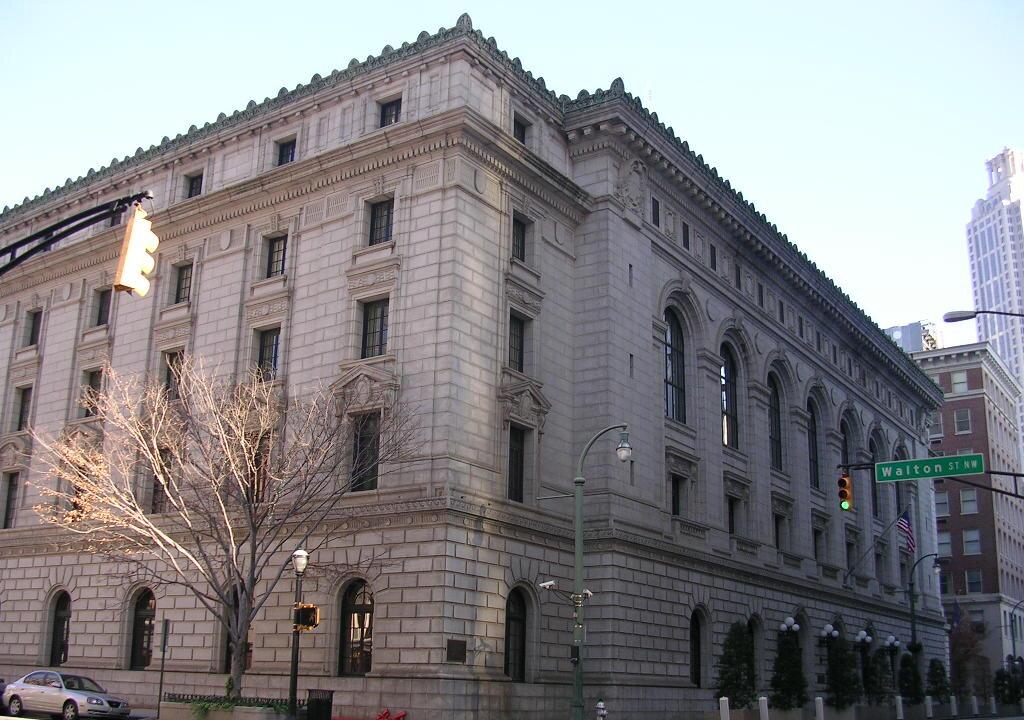A legal battle over juvenile gay conversion therapy in Florida may be heading to the Supreme Court after the 11th Circuit Court of Appeals broke with two other appeals courts, ruling last week that therapists’ free speech rights prevail over the medical establishment’s opposition to the practice.
A three-member panel of the Atlanta-based 11th Circuit ruled 2–1 on Nov. 20 that the controversial practice of conversion therapy counts as protected speech under the First Amendment to the U.S. Constitution.





